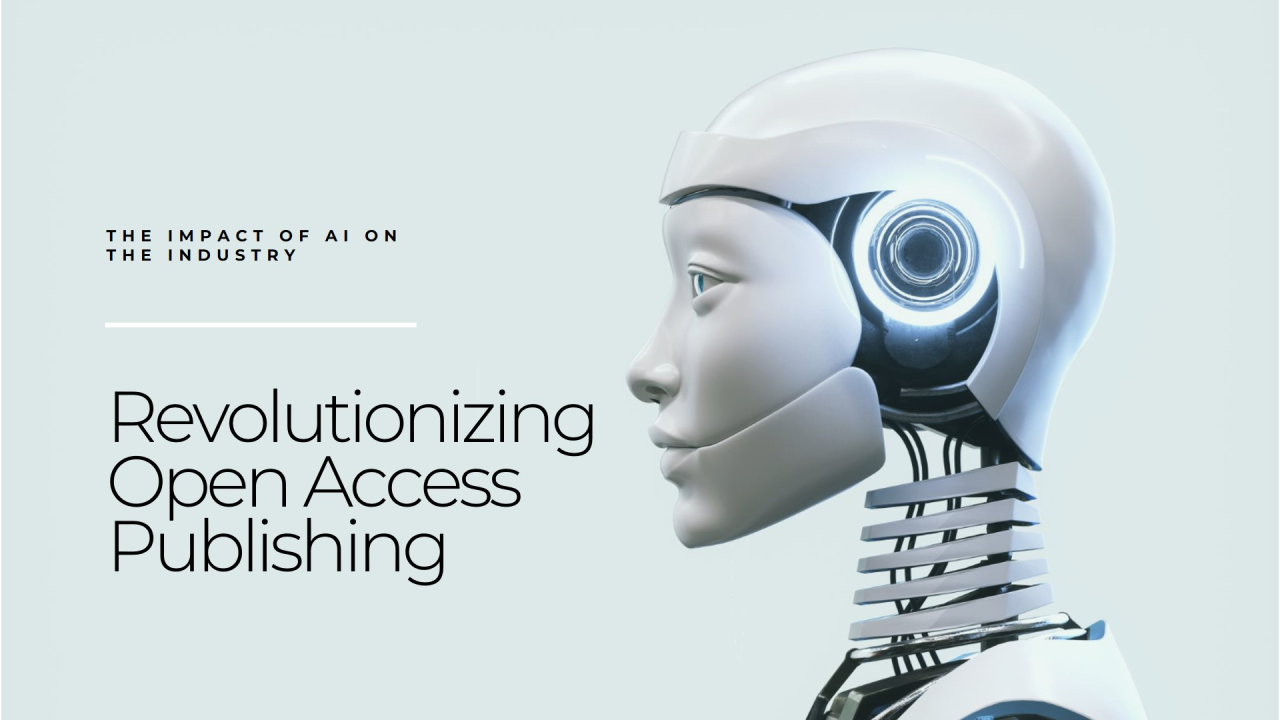The Future of Artificial Intelligence in Healthcare
- 1, ,
- 2, ,
Artificial Intelligence (AI) is revolutionizing the healthcare industry by enhancing diagnosis, treatment, and patient care. AI-driven technologies such as machine learning, natural language processing, and robotics are improving efficiency, reducing human error, and providing faster, data-driven medical decisions. One of the key applications of AI in healthcare is in medical imaging, where deep learning algorithms assist radiologists in detecting diseases like cancer at an early stage. Additionally, AI-powered chatbots and virtual assistants are transforming patient engagement by providing instant responses to health inquiries and appointment scheduling.
AI also plays a significant role in personalized medicine, where algorithms analyze genetic data to tailor treatments for individual patients. Moreover, predictive analytics in AI enables early disease detection by analyzing vast amounts of medical records and identifying patterns that might be overlooked by human doctors. However, despite its immense potential, AI in healthcare faces challenges such as ethical concerns, data privacy, and the need for regulatory frameworks to ensure safety and accuracy.
As AI continues to evolve, it holds the promise of revolutionizing patient care, reducing healthcare costs, and improving outcomes. Future advancements will depend on collaboration between medical professionals, AI developers, and policymakers to ensure AI is implemented ethically and effectively in the healthcare system.
Introduction
Artificial Intelligence (AI) is revolutionizing the healthcare industry by enhancing diagnosis, treatment, and patient care. AI-driven technologies such as machine learning, natural language processing, and robotics are improving efficiency, reducing human error, and providing faster, data-driven medical decisions. One of the key applications of AI in healthcare is in medical imaging, where deep learning algorithms assist radiologists in detecting diseases like cancer at an early stage. Additionally, AI-powered chatbots and virtual assistants are transforming patient engagement by providing instant responses to health inquiries and appointment scheduling.Materials and Methods
natural language processing, and robotics are improving efficiency, reducing human error, and providing faster, data-driven medical decisions. One of the key applications of AI in healthcare is in medical imaging, where deep learning algorithms assist radiologists in detecting diseases like cancer at an early stage. Additionally, AI-powered chatbots and virtual assistants are transforming patient engagement by providing instant responses to health inquiries and appointment scheduling.Results
Artificial Intelligence (AI) is revolutionizing the healthcare industry by enhancing diagnosis, treatment, and patient care. AI-driven technologies such as machine learning, natural language processing, and robotics are improving efficiency, reducing human error, and providing faster, data-driven medical decisions. One of the key applications of AI in healthcare is in medical imaging, where deep learning algorithms assist radiologists in detecting diseases like cancer at an early stage. Additionally, AI-powered chatbots and virtual assistants are transforming patient engagement by providing instant responses to health inquiries and appointment scheduling.Discussion
AI also plays a significant role in personalized medicine, where algorithms analyze genetic data to tailor treatments for individual patients. Moreover, predictive analytics in AI enables early disease detection by analyzing vast amounts of medical records and identifying patterns that might be overlooked by human doctors. However, despite its immense potential, AI in healthcare faces challenges such as ethical concerns, data privacy, and the need for regulatory frameworks to ensure safety and accuracy.Conclusion
As AI continues to evolve, it holds the promise of revolutionizing patient care, reducing healthcare costs, and improving outcomes. Future advancements will depend on collaboration between medical professionals, AI developers, and policymakers to ensure AI is implemented ethically and effectively in the healthcare system.Author Contributions
AI also plays a significant role in personalized medicine, where algorithms analyze genetic data to tailor treatments for individual patients. Moreover, predictive analytics in AI enables early disease detection by analyzing vast amounts of medical records and identifying patterns that might be overlooked by human doctors. However, despite its immense potential, AI in healthcare faces challenges such as ethical concerns, data privacy, and the need for regulatory frameworks to ensure safety and accuracy.Conflict of Interest Statement
AI also plays a significant role in personalized medicine, where algorithms analyze genetic data to tailor treatments for individual patients. Moreover, predictive analytics in AI enables early disease detection by analyzing vast amounts of medical records and identifying patterns that might be overlooked by human doctors. However, despite its immense potential, AI in healthcare faces challenges such as ethical concerns, data privacy, and the need for regulatory frameworks to ensure safety and accuracy.References
Keywords: ai,health
Citation: Mr.varun kumar*,Mr.varun kumar,Mr.varun kumar,Mr.varun kumar ( 2025),
The Future of Artificial Intelligence in Healthcare
. SUSTAINA, 1(1): 20Received: 24/02/2025; Accepted: 24/02/2025;
Published: 03/03/2025















